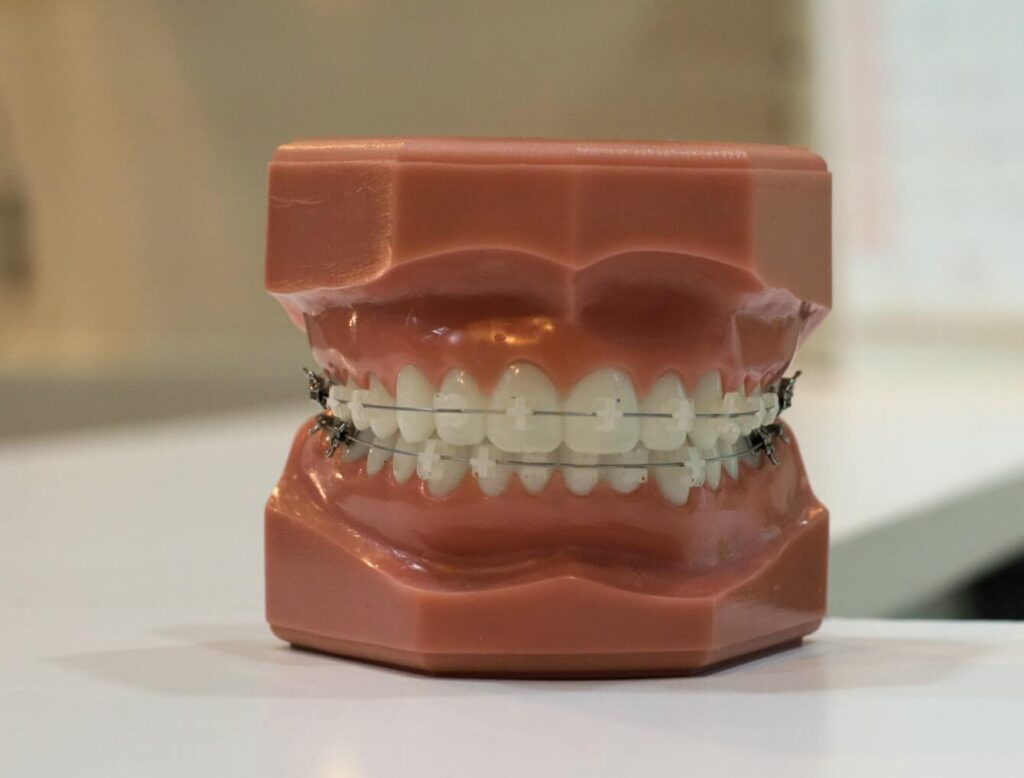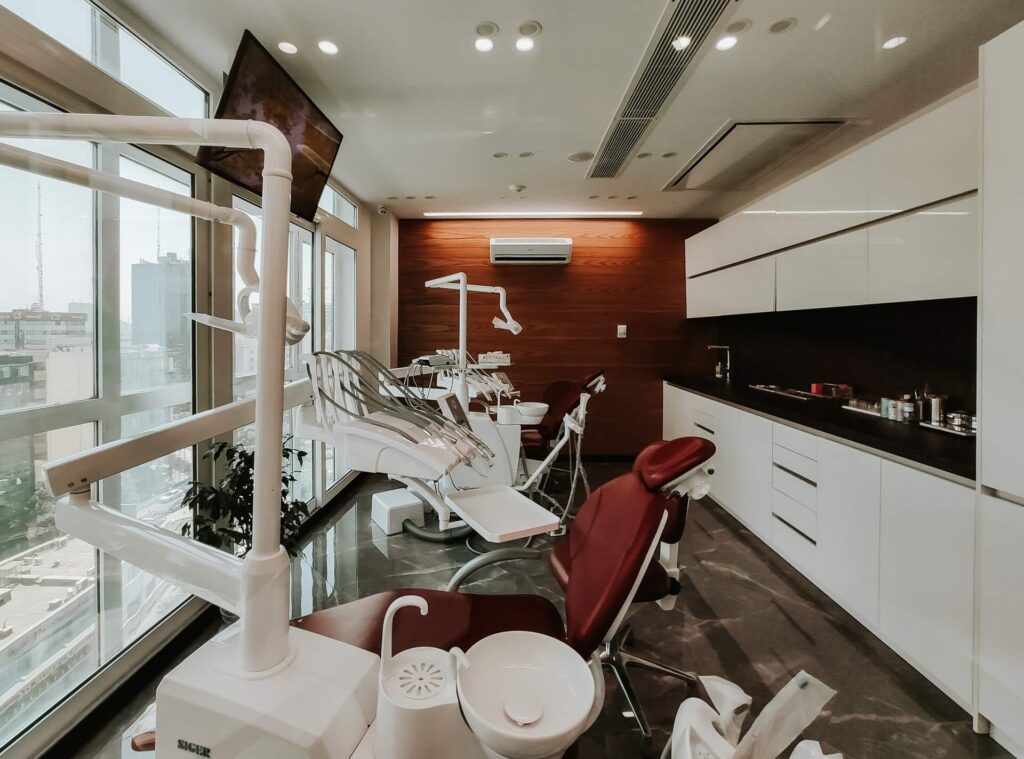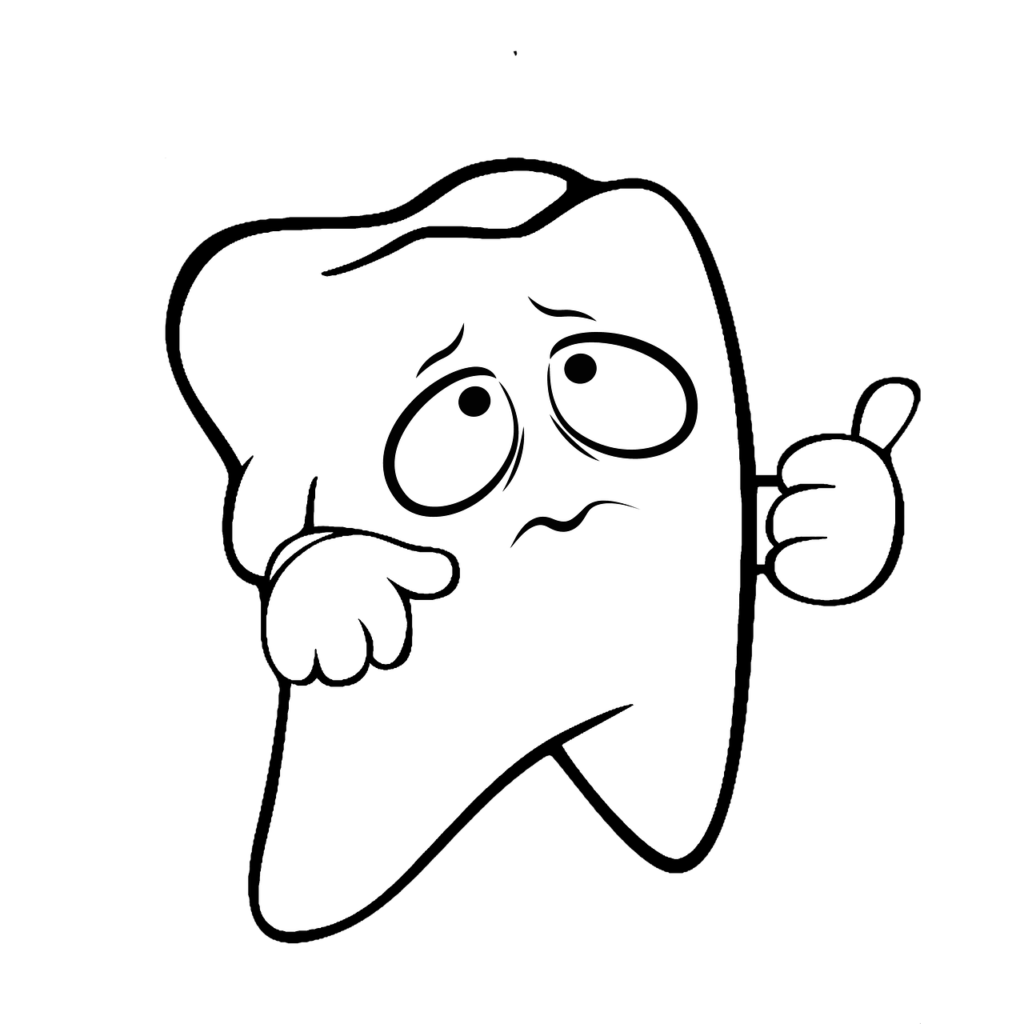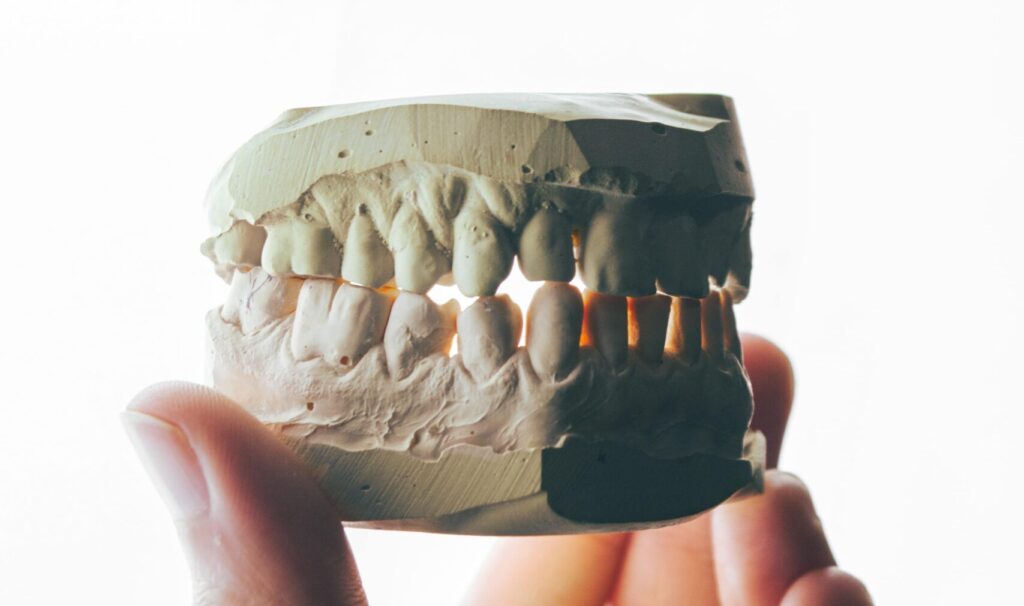Tooth Sensitivity - What Is It?
Tooth Sensitivity (dentin hypersensitivity), is a condition where your teeth are more likely to be impacted by hotter or colder temperatures. Tooth sensitivity may be hard to diagnose what caused it with out trial and error, it can affect one tooth, some teeth, or all of your teeth. Sensitive teeth might not even be a permanent problem and it could just go away on it's own, but chance are you will need to make some change for this to happen.There are a few different causes for tooth sensitivity, If you ever drank hot coffee or bit into an ice cream cone you’ve likely experienced at least some tooth sensitivity. It may not be a cause for concern, but there is potential that it could be an indication of something more sinister.

Sensitive teeth – Causes
As mentioned, often there is more than one cause that may or may not be more than one cause. You could also feel this pain and discomfort in your teeth, or at their base, near the roots of your teeth, here are a few common causes of tooth sensitivity:
- Hot or cold food & beverages
- Sweet or acidic foods & beverages
- Brushing or flossing (too vigorously)
- Alcohol-based mouthwashes
- Cold air or water
- Teeth grinding (bruxism)

Sensitive Teeth – reasons
One of the most common reasons for sensitive teeth is how thin or thick your tooth enamel is. Thicker tooth enamel means more protection and less sensitivity, a thinner enamel may be a genetic factor so your teeth might be naturally more sensitive. You can wear your tooth enamel away with bad habits, so if that’s the case you might be able to reverse the effect, here are some of the reasons your enamel could be thinning out.
- Brushing your teeth too hard
- Using a hard toothbrush
- Grinding your teeth at night regularly
- Eating or drinking acidic foods and beverages
- Acid reflux
- Gum recession
- Tooth decay
- Fractured teeth
- Worn down fillings or crowns
- Recently bleached teeth (for whitening)
How is tooth sensitivity diagnosed?

What can I do about tooth sensitivity?
Dentists generally recommend all the procedures above for healthy teeth so don’t feel afraid to try more than one remedy at once!
Summary
Healthy teeth won’t normally be sensitive, so try the following to have better oral care:
- Less/no teeth grinding
- Better oral regiment
- Less acidic or sugary foods

What are the complications of tooth sensitivity?
There are lots of minor complications that come from tooth sensitivity:
- Discomfort in colder environments (especially when it’s windy)
- Potentially discomfort when sleeping
- Undiagnosed tooth decay
- Undiagnosed tooth fractures
- Thing enamel from your genetics
- Major or minor difficulty eating

The bottom line
Tooth sensitivity shouldn’t be ignored unless it’s very minor and temporary. If your teeth are any more sensitivity than that, it’s better to get it checked out.
Frequently asked questions
No, there are a number of contributing to tooth sensitivity, discuss it with your dentist before freaking out!
It is generally just pain that occurs in specific circumstances. It might not even feel like pain, it could just be discomfort so you might not notice.
There are off-the-shelf and over-the-counter products for tooth sensitivity, but if it’s severe then you should definitely talk to your dentist first
